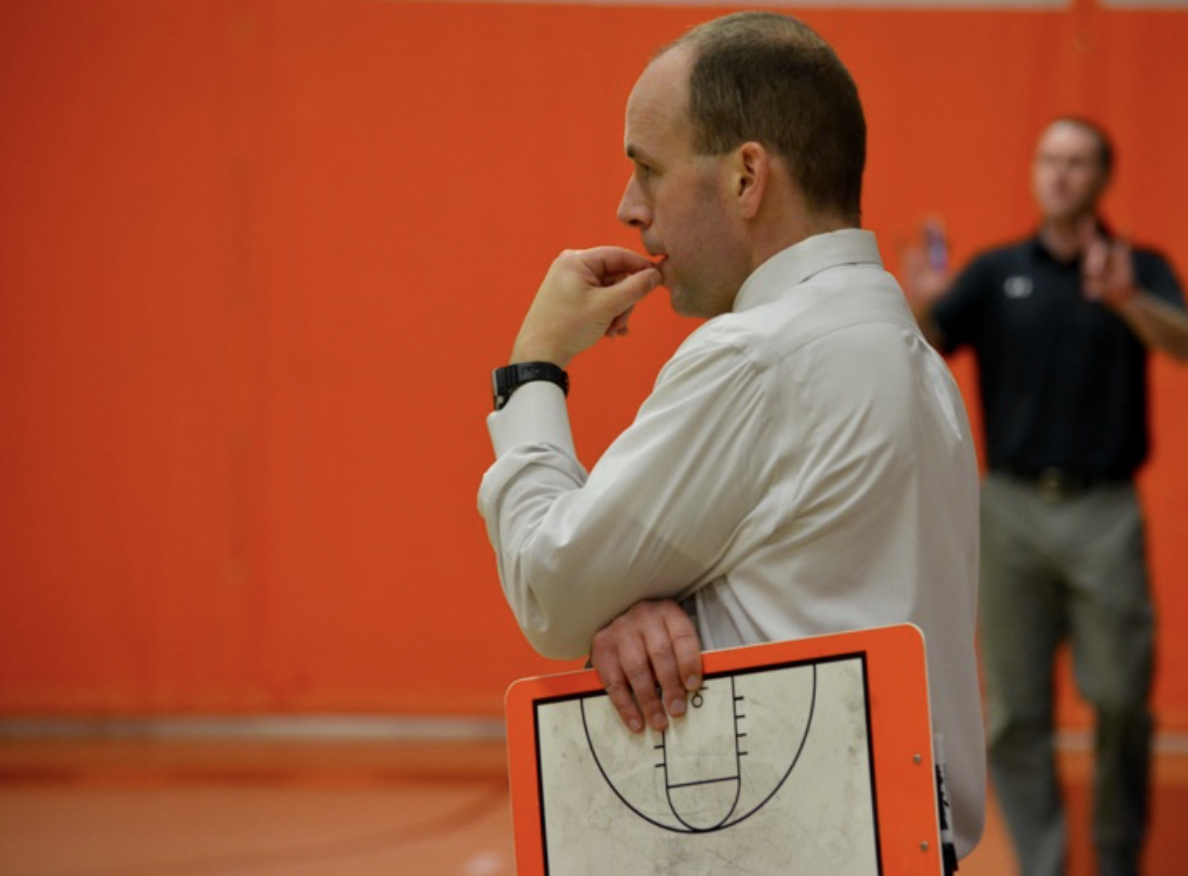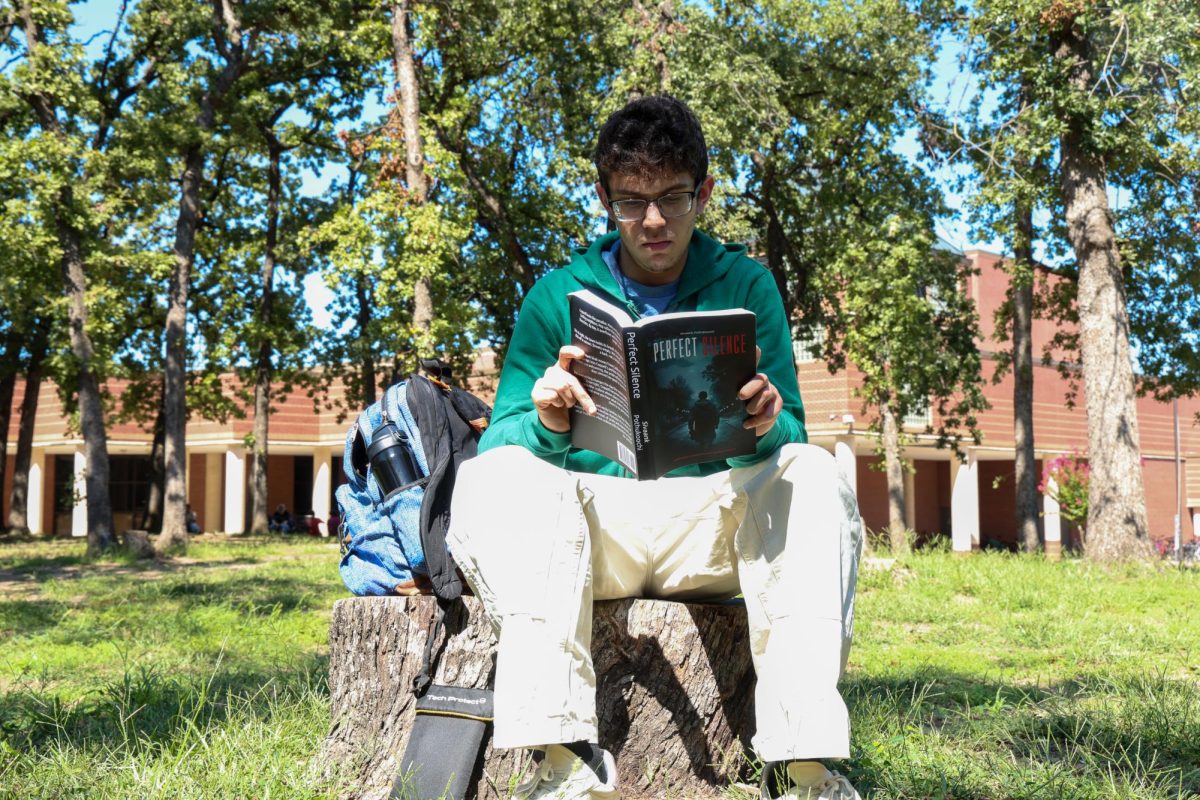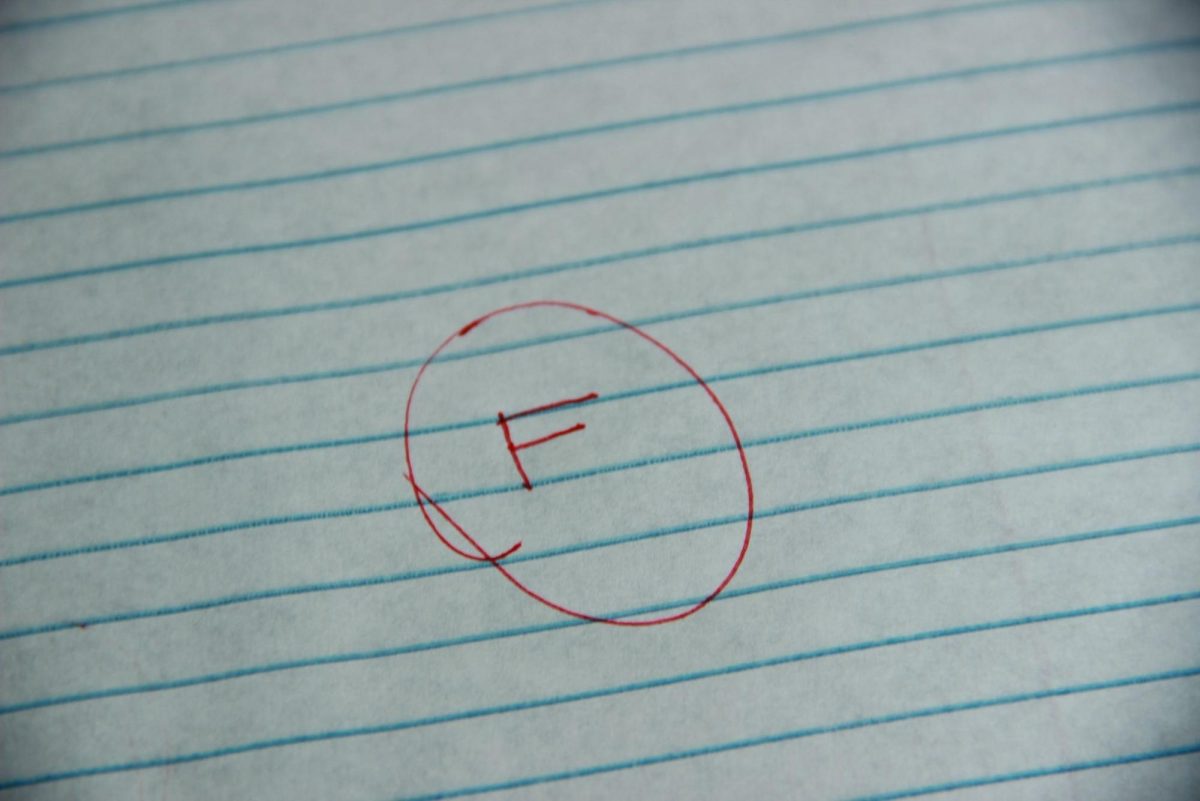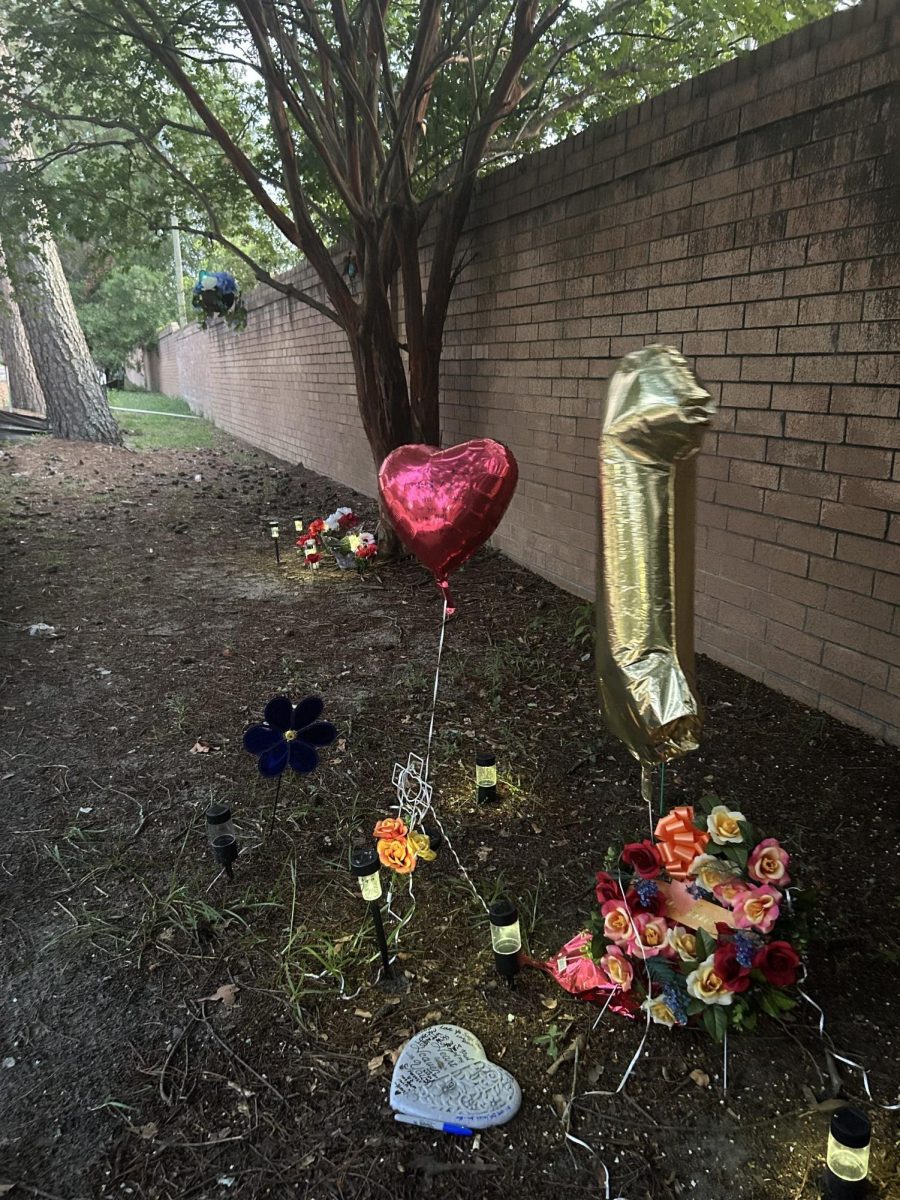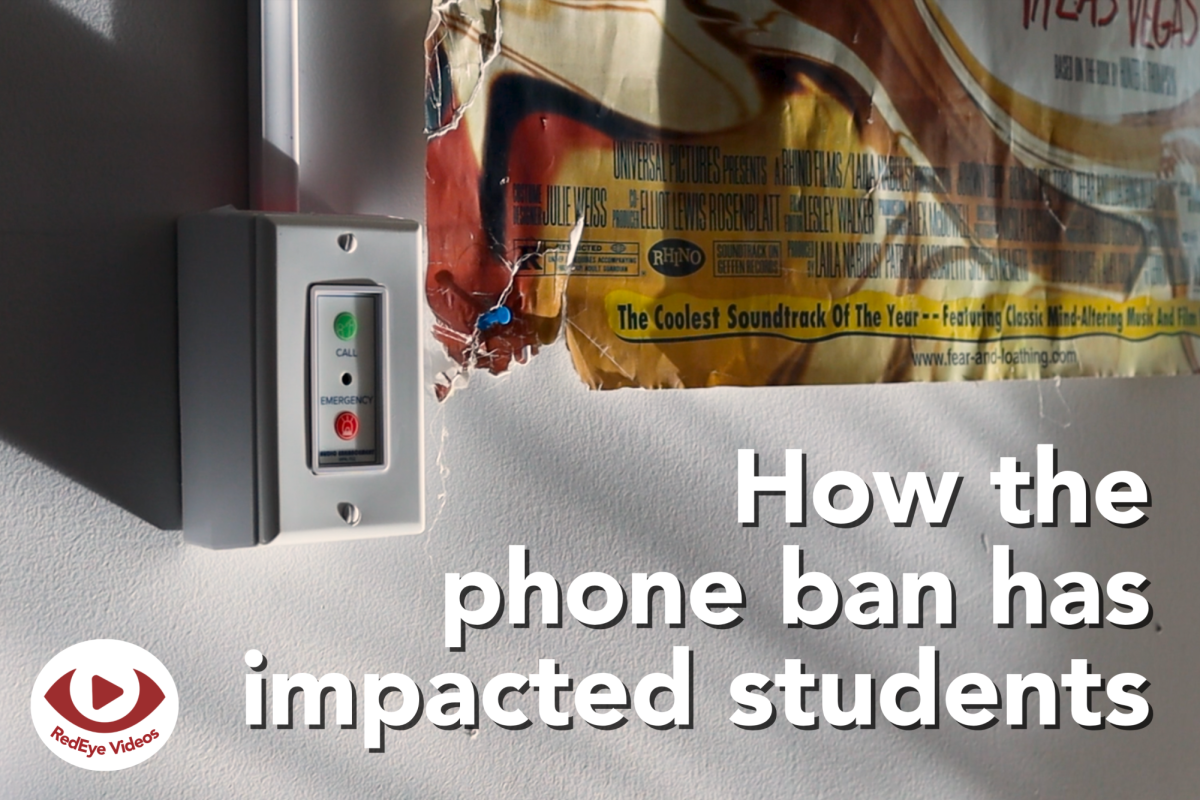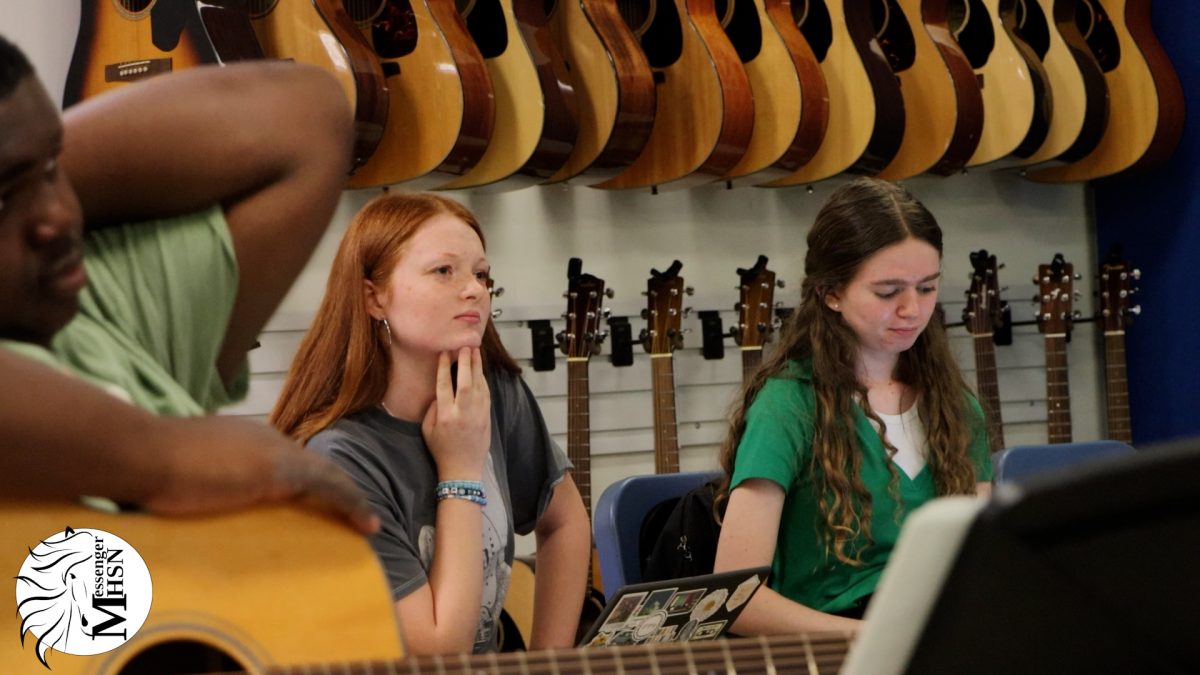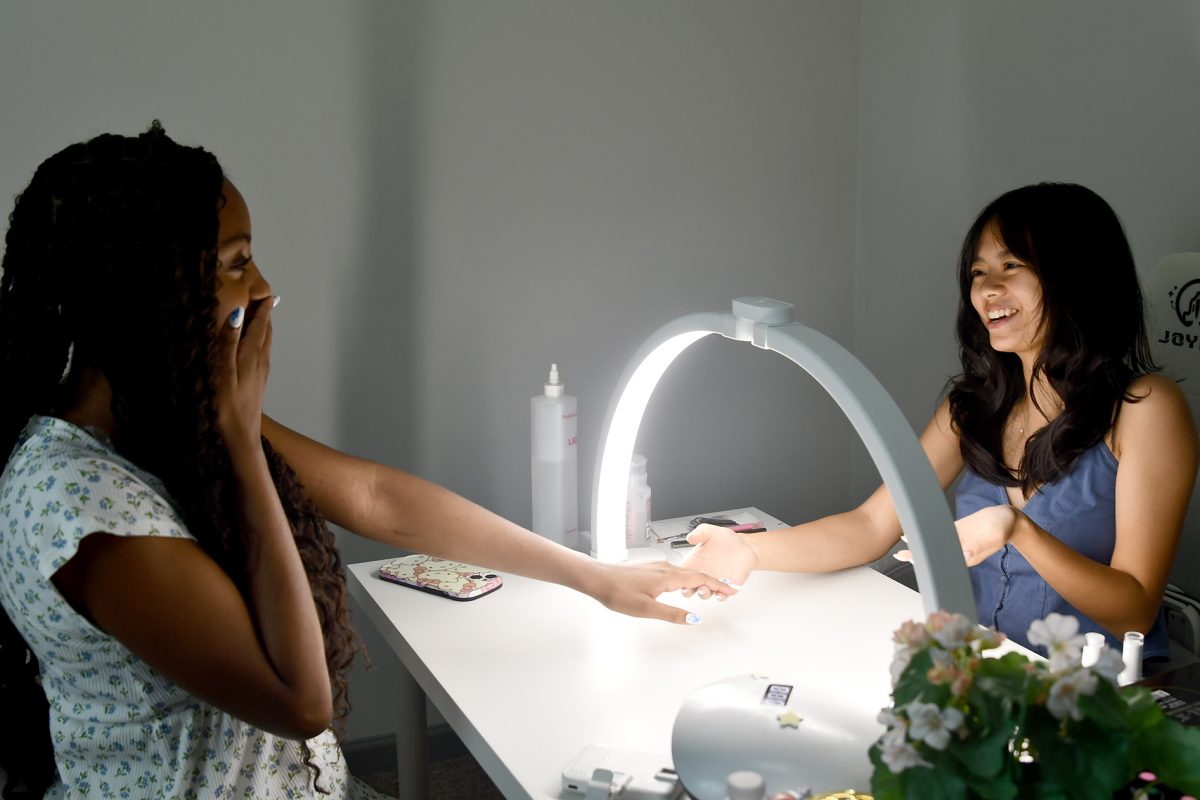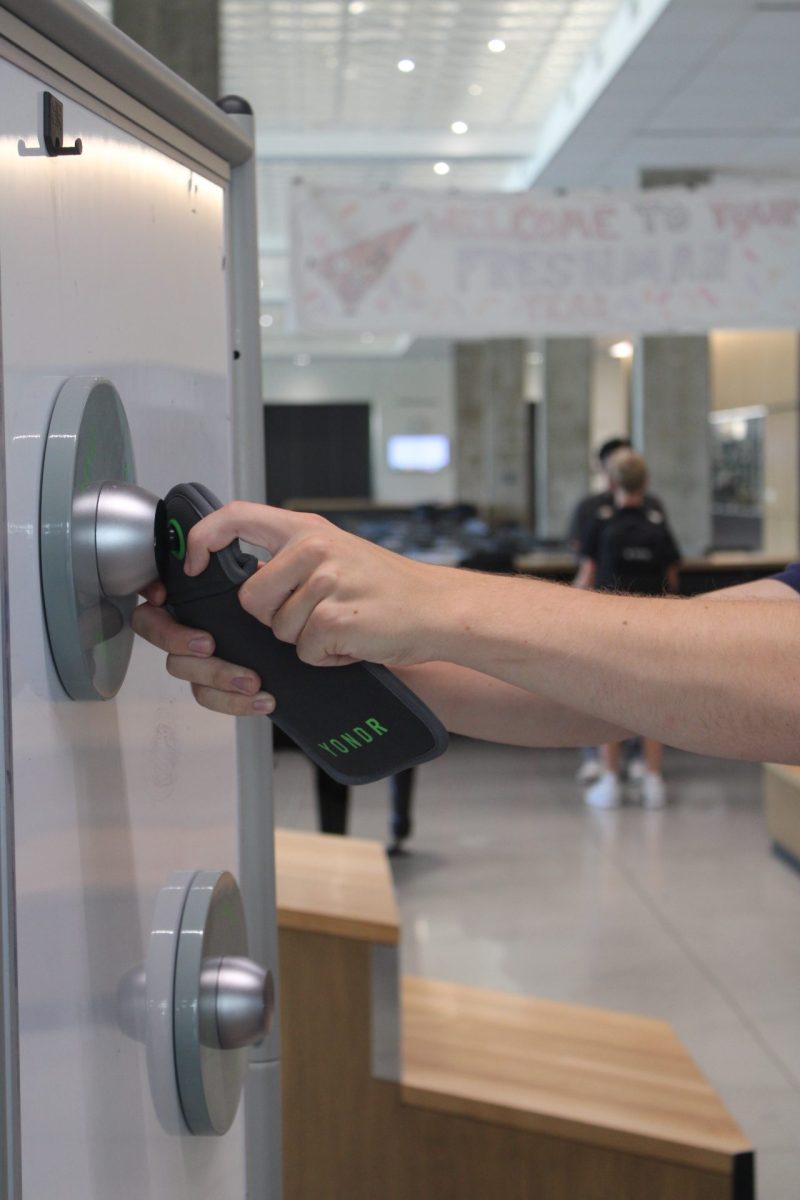Portland Public Schools (PPS) announced on August 25 that schools in the district must require students to keep their personal electronics off and away during school hours. Earlier, an executive order signed July 2 by Oregon Governor Tina Kotek mandated that all school districts in Oregon must create rules limiting smartphone use.
Along with a number of other PPS high schools, including Franklin and Ida B. Wells, Lincoln has decided that Yondr pouches are the solution for controlling phone usage during the entire school day.
Last school year, Lincoln’s phone policy required students to lock their phones in a box for each class period, but students could still use their phones during lunch and other parts of the day.
Yondr pouches are secure, magnetically locking fabric pouches designed to store phones, as well as other digital devices such as AirPods, in environments such as schools where cellphone use is prohibited.
According to the company’s website, Yondr was founded in 2014 by Graham Dugoni to create phone-free spaces that reduce distractions and encourage social interaction.
Vice Principal Travis Johnson is strongly in favor of Yondr pouches. He lets students in the building each morning and has been overseeing the implementation of the new pouches. In the first weeks of school, Johnson says he’s seen a significant positive impact, especially during lunch.
“I think what’s new is … a super loud lunchroom because people are talking. I’m not seeing, specifically, the row of boys not saying a word, but having 10 people all around a table gaming. That doesn’t exist. They’re all talking,” said Johnson.
Not every student has noticed such a dramatic change.
Sophomore Sophie Rhodes said she sees “a lot less people on their phones” inside the building compared to last year, but also that phone use returns quickly once lunch starts and students leave campus.
“As soon as I leave [off campus] for lunch, I see everyone on their phones already,” Rhodes said. “I didn’t realize that people being on their phones during lunch last year was a big problem, so I feel like it’s kind of the same amount.”
Senior Katherine Warner-Frey says that although she puts her phone in the Yondr, some of the people she knows choose not to.
“I feel like a lot of the kids I see will usually put something else in it [their Yondr]. Whether it be a calculator or another phone,” said Warner-Frey. “As long as they keep their phones in their backpacks, it’s not distracting them in class. I think it is just easier at the end of the day to just walk out [of school rather than stand in line to unlock Yondrs].”
While some students choose not to lock their phones away, others have attempted to unlock their Yondr pouches via destructive methods.
“There was someone trying to whack their Yondr pouch open in [one of my classes] this morning,” Rhodes said.
Some students say they have concerns about locking away their phones.
Although freshman Easton Longbine sees the benefits of Yondr pouches, he believes that the safety concerns are important to consider.
“If there’s a shooter in the building, and your phone is in a Yondr pouch powered off, locked away, how are you supposed to call 911 [or contact parents]?” asked Longbine.
Johnson acknowledges that safety concerns were considered in the school’s decision-making process.
“I would say most phones that our students have have voice activation. I tested this out accidentally the other day. I put [my phone] in a Yondr Pouch and I said ‘Siri call 911.’ The next thing I heard was a 911 operator. So in an emergency, you actually can talk through the Yondr Pouch,” said Johnson.
The Cardinal Times staff tested this multiple times and found Siri activation worked consistently, even when the phone is locked in the pouch.
While many students dislike losing access to their phones, Johnson stresses that Yondr pouches make a positive social impact.
“It … takes a certain level of maturity to be able to see that. I would encourage people to understand the frustration, but maybe see the bigger picture. There’s time to be on cell phones later,” said Johnson.
This story was originally published on The Cardinal Times on September 14, 2025.

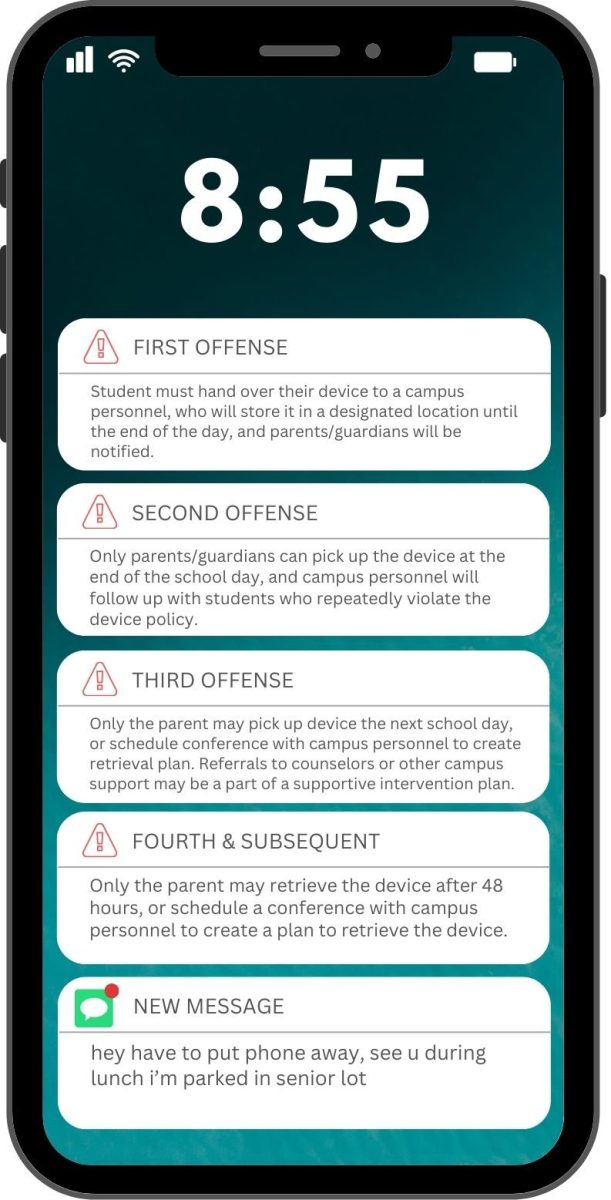


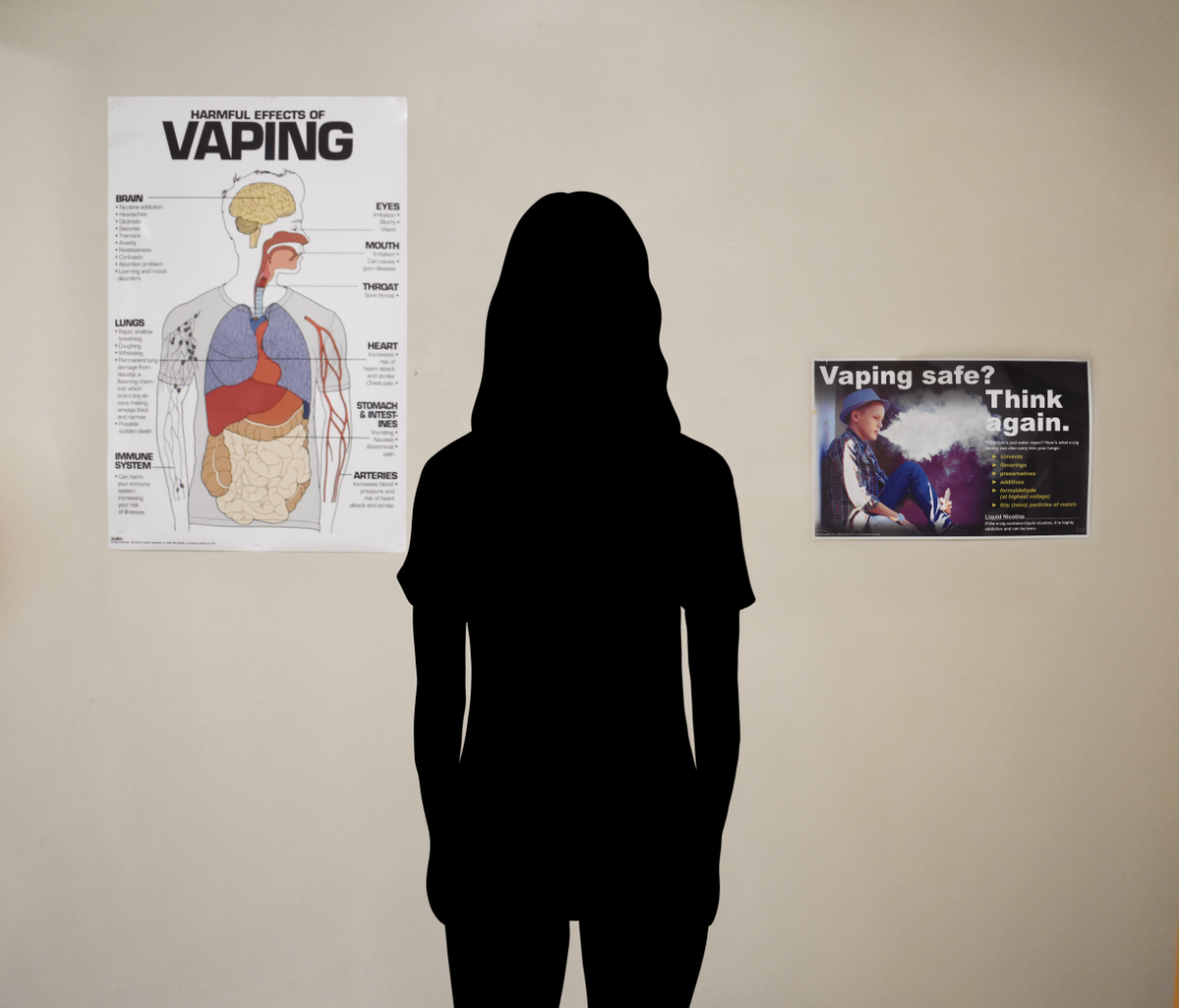


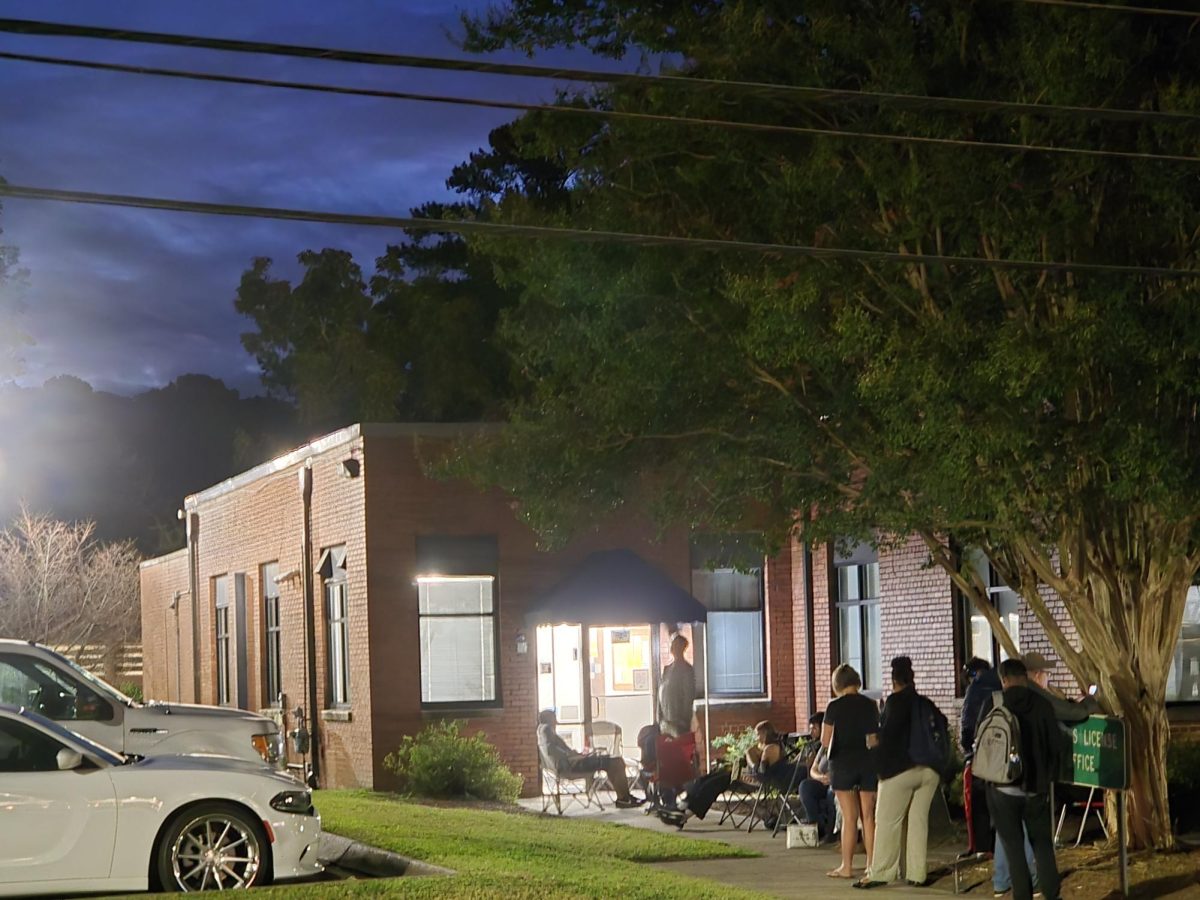



![SETTING THE STANDARD: Mater Dei High School and Playfly Sports announced its historic media partnership in the spring of 2025. As Mater Dei Athletics continues to achieve new heights, Playfly will introduce new partnerships and sponsors for these programs. With the added revenue and resources, Mater Dei can improve the high school experience for all students, while engaging the community in a showcase of Monarch pride. “[This partnership is designed] to increase the experience that our athletes and our non-student athletes have with the [athletic] programs,” Melvin said. “School spirit, engagement, and pride are all things we [keep in mind].” Photo taken by Kenzington Ragge.](https://bestofsno.com/wp-content/uploads/2025/09/IMG_0237.jpeg)
